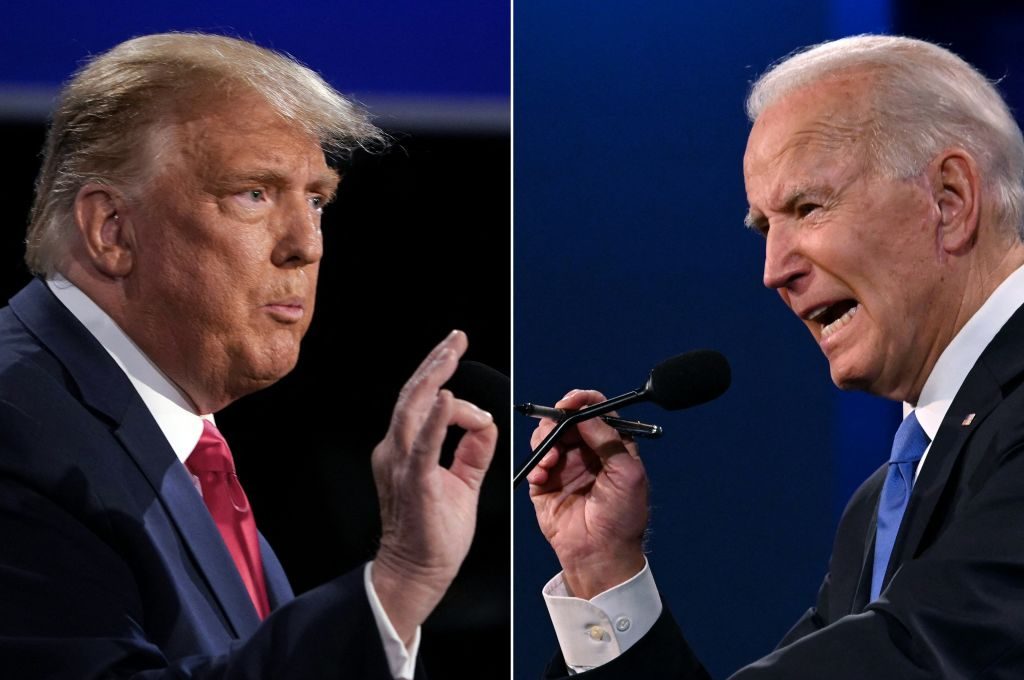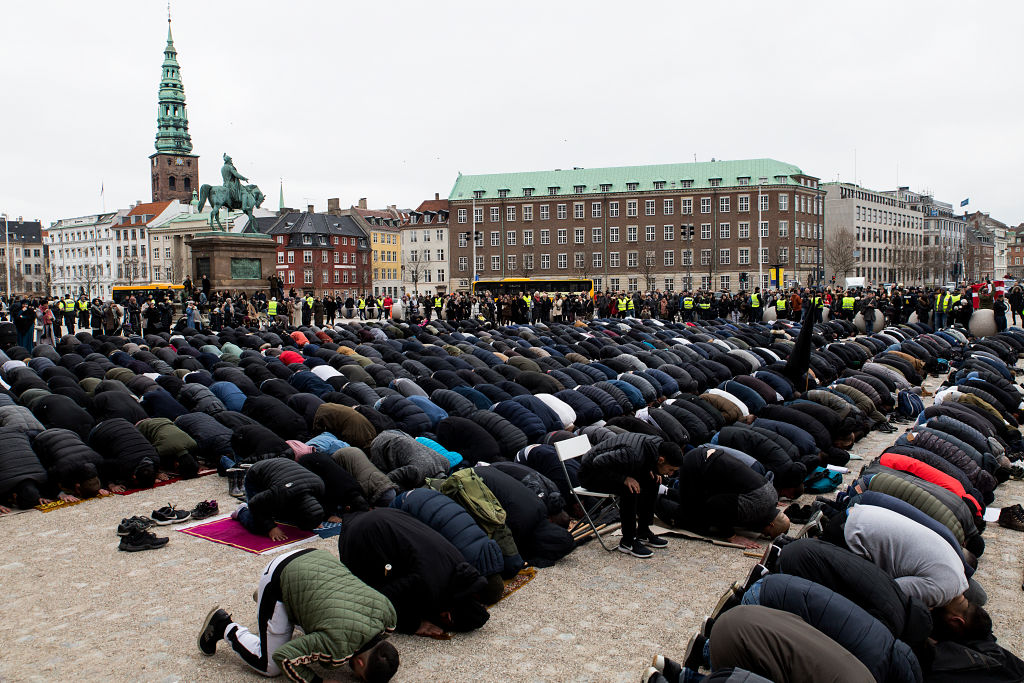There’s no point sugarcoating it: the first presidential debate between Joe Biden and Donald Trump was a complete mess. Biden was listless, frail and confused. Trump was defiant, ranting and often incoherent. Kim Darroch, Britain’s former ambassador to the United States, summed it up well. “Every answer from Trump, if you listen to them carefully, is a mixture of wild exaggeration and total fantasy… his performance is pretty terrible too, but it was fluent and confident nonsense rather than stumbling, losing-my-train-of-thought nonsense.” I suspect most Americans would agree with him.
Yet it’s important to resist the temptation to extrapolate from a single event. Domestic politics is one thing, international politics is another. In the days since this pathetic showdown, you would be forgiven for thinking that yesterday was, as President Franklin Delano Roosevelt said after Imperial Japan’s surprise attack on Pearl Harbor, “a date which will live in infamy.”
Commentators and observers in the US and around the world are running with this theory: the Biden-Trump reality show is a reflection of America’s decline and an indictment on waning US global power. As one European diplomat texted to a Politico reporter, “Internationally this isn’t a great look for America, at the risk of stating the obvious.” Sergey Radchenko, a serious historian of the Cold War and a frequent writer in these pages, was even more blunt: “I am worried about the image projected to the outside world. It is not an image of leadership. It is an image of terminal decline.” Allies around the world are purportedly aghast at what they witnessed, wondering whether the decades-long security arrangements they have with the United States are now in imminent jeopardy.
Norbert Röttgen, a senior member of the Bundestag, all but told his fellow Europeans to prepare for the day when the US is no longer around.
But is this really true? First impressions are no doubt important. But global politics is a fickle, complicated creature with multiple variables, ingrained ideologies, competing interests and crises. Empires and countries surge and recede. Regimes decay and crumble. But this doesn’t happen immediately — and certainly not after one leadership debate. It’s a gradual process and can take many decades to come to fruition. Single events can contribute to a country’s downfall but are hardly determinative when taken in isolation.
The US has some advantages when it comes to global power. While Europeans may roll their eyes at the old “America is the exceptional nation” trope, there’s some truth to it. The US, for instance, is blessed with a very good geography. We are two oceans away from the world’s conflict zones and surrounded by two neighbors, Canada and Mexico, that are friendly trading partners. The Western Hemisphere certainly has problems (cartels, irregular migration, corrupt governments, the occasional ongoing, Cold War-era South American insurgency that never seems to end) but they don’t involve great power politics. In other words, the US is fortunate to live in a relatively benign environment where local strategic competitors are non-existent. You can’t say the same thing about Russia, China, India, Iran, North Korea or even France, which has a bit of a rivalry with Germany for leadership of the European Union.
Is the US in decline? In terms of economics, you can make that case. The numbers don’t lie: the US accounted for half of the world’s economy after World War Two, whereas today it’s roughly a quarter. Statistically speaking, yes, this is a decline. But the reasons for it have less to do with a withering America and more because Europe rebuilt itself in the decades since (in part thanks to American largesse) and Asia has transformed into the world’s economic powerhouse. The US isn’t depreciating as much as other powers are catching up.
Militarily, nobody can claim with a straight face that the US is in decline. Not many countries can project military power anywhere in the world as quickly as the US can. A lot has been written about the growth and modernization of China’s People’s Liberation Army, but nobody bothers to mention that Beijing hasn’t fought a war in over four decades and is unable to sustain operations past the First Island Chain in the West Pacific for very long. Russia is a nuclear peer to the Americans, to be sure, but its ability to project power has been shrinking ever since it decided to invade Ukraine in February 2022. Since then, even countries traditionally close to Moscow, like Armenia, no longer view Russia as a formidable, trusted partner.
All of this may sound overly optimistic to some people. I don’t mean to obscure the very real domestic issues currently infecting the US. They exist and will spread if politicians don’t get their act together. America’s politics are dismal and extremely polarized. America remains a highly unequal society with a gargantuan wealth disparity and an inefficient tax system.
Internationally though, the US is still in a pretty good spot. It’s the policy choices that US leaders make in the years to come, not a presidential debate that will be forgotten in a few weeks, will determine whether American power lasts.
This article was originally published on The Spectator’s UK website.


























Leave a Reply